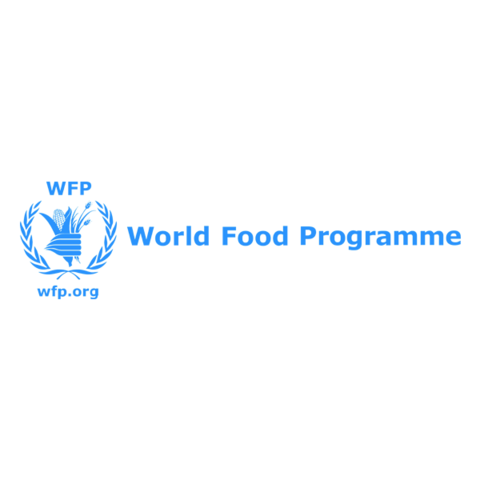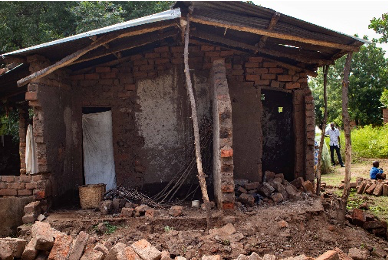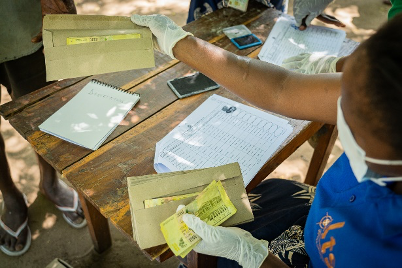Alinafe Nhlane is washing her hands thoroughly before receiving cash assistance while her 18-month-old baby patiently rests on her back - a simple habit that can save lives. On 2 April, the Government of Malawi announced COVID-19 cases had been detected in the country. A few days later, authorities announced additional confirmed cases, and the first death was recorded on 7 April.
Early action in Malawi could save lives. In line with World Health Organization (WHO) directives, the UN in Malawi has put in place precautionary measures across its operations to help prevent the spread of the pandemic, including during the provision of cash and food assistance.
As part of infection prevention and control (IPC) measures, Alinafe was part of a small group who received sensitization messages on the virus and were encouraged to practice social distancing. She was asked to wash her hands with soap before and after receiving her entitlements. In addition, staff and volunteers in charge of the distributions were using protective masks and gloves.























